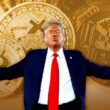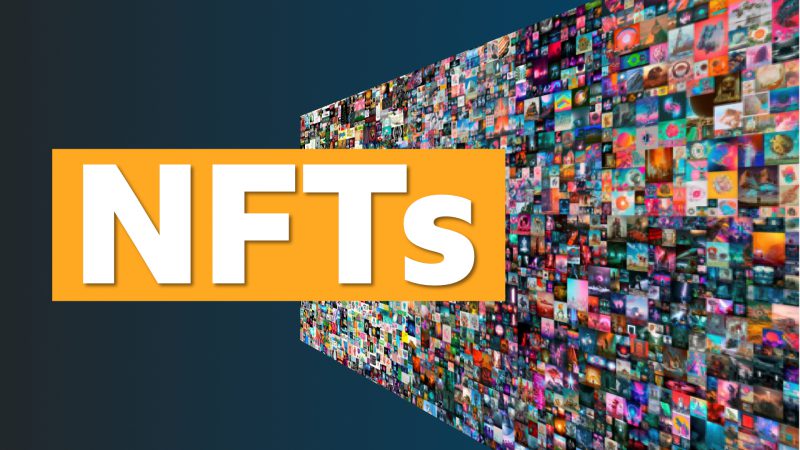The digital asset industry has grown exponentially in recent years, and along with the rise in cryptocurrencies has come the consistent presence of Non-Fungible tokens, or NFTs. Moreover, these assets exist in a very unique class and can be confusing to some. So, let’s delve further into answering what makes an NFT valuable.
There are a host of reasons why something could have value. Indeed, whether it’s art, a tool, or fiat currency, the idea of value is a very interesting concept to uncover and discuss. So, what makes the ownership of these assets so valuable?
What is an NFT


Firstly, let’s delve into what an NFT actually is. Specifically, these assets are unique digital items that are stored on the blockchain. However, unlike blockchain assets like cryptocurrency, NFTs are non-fungible. Essentially, that just means that they can’t be exchanged for one another because of their uniqueness.
NFTs are used to represent ownership over a particular digital piece of content. This can range from artwork to music, to videos. Indeed, ownership over these digital assets is where monetization comes in.
So, these assets are essentially defined by a few different characteristics. These characteristics allow them to be monetized by the individual responsible for their creation. Conversely, investors seek out these assets for various reasons, all of which impact why the market deems them valuable.
Why Are They Valuable?
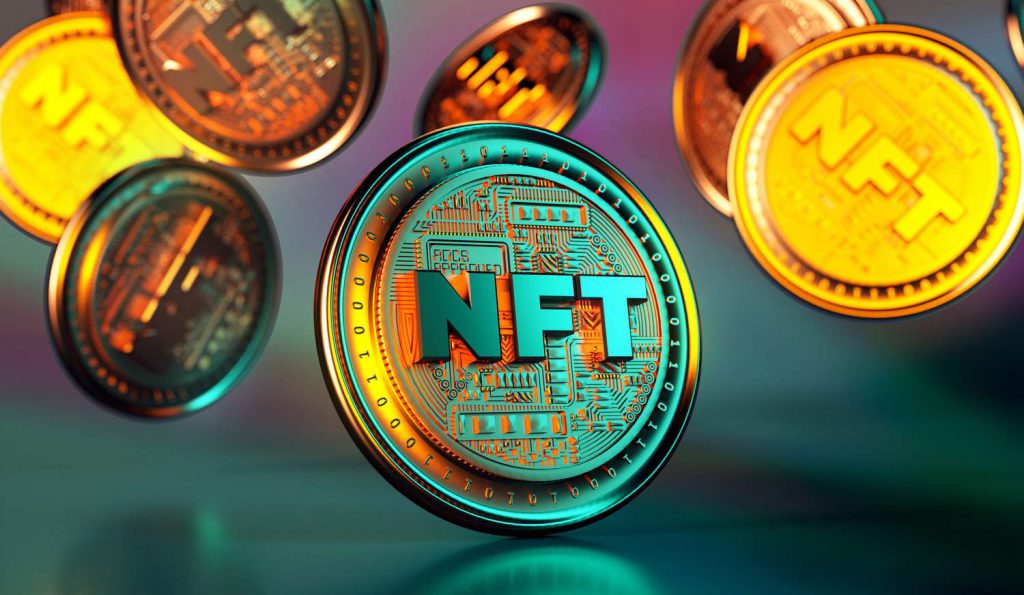

As we’ve said previously, it isn’t one thing that makes NFTs a valuable investment. Moreover, they operate like any asset, which means they may boast individual characteristics that improve that value. Yet, let’s delve into some qualities inherent in most NFTs, that would make them valuable.
Limited Number
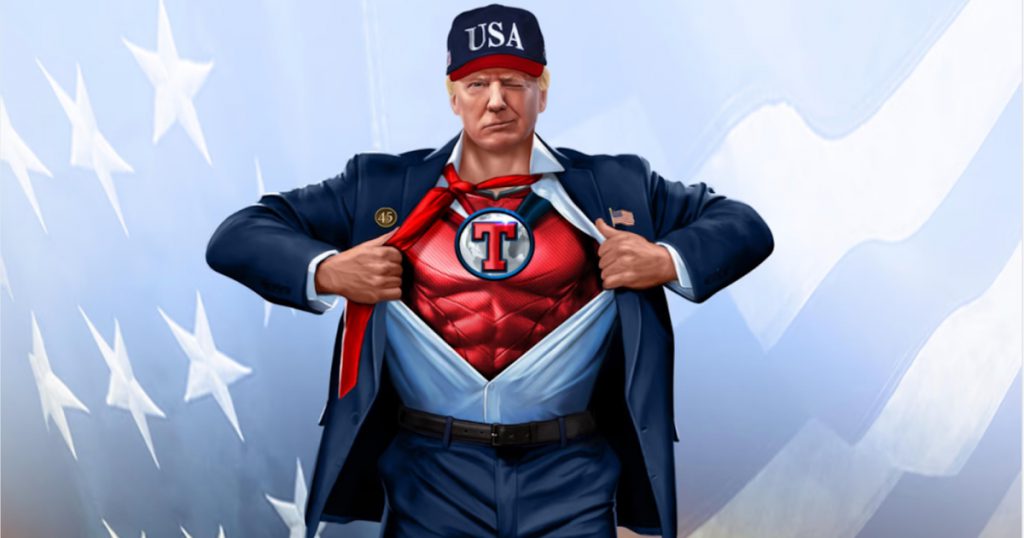

One aspect that will affect the value of an NFT’s worth, is the number of that specific asset that exists. Specifically, valuable digital art is often one of a kind, and scarcity positively impacts its overall value on the market.
Exclusivity and rarity are facets of any kind of value, and they apply to digital content and NFTs. When someone is buying an NFT, they will look for limited edition creations. Subsequently, if one artist is creating a supply of 1,000 copies, and another is producing 100 copies, the latter will become increasingly valuable.
Unique and Authentic
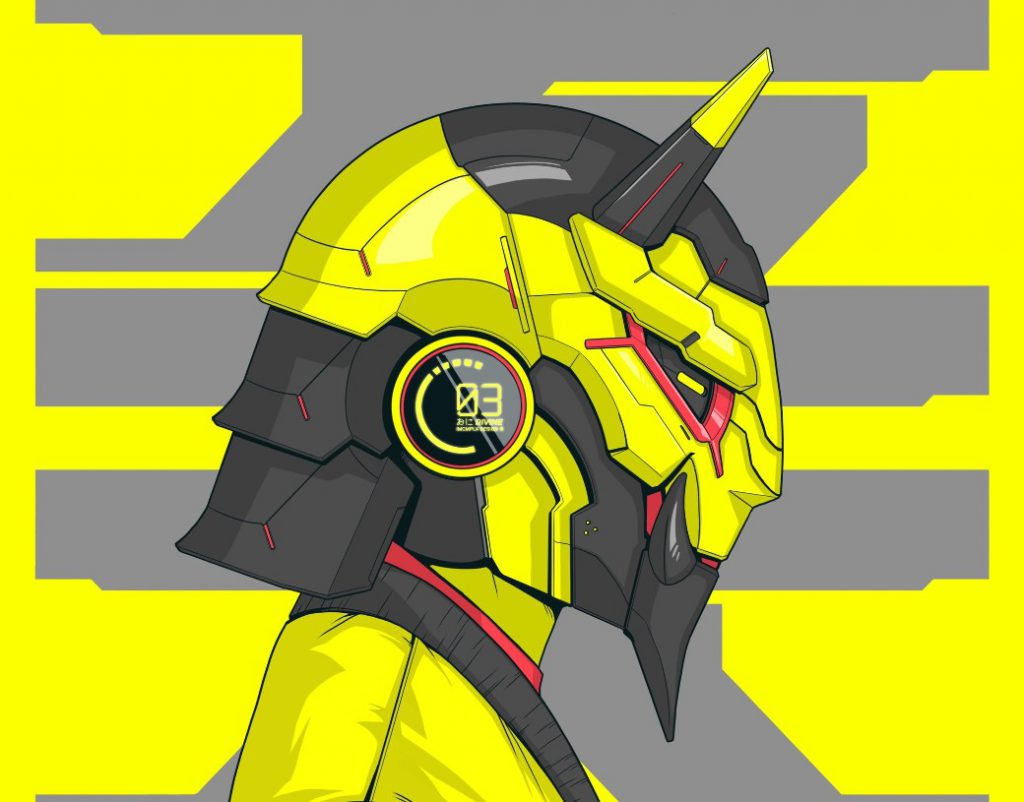

Another aspect that will increase the value of an NFT is its uniqueness and authenticity. Indeed, these assets are created to be inherently unique, with their verifiability being a massive aspect of ownership and value. Moreover, as with all things in the art world, uniqueness and authenticity go hand in hand when establishing value.
Blockchain technology is crucial when discussing this area of the industry. Specifically, the blockchain is used to observe the digital file and ensure that it is both authentic and unique. Moreover, this technology can often inform the value of the asset, because it is highly secure and unable to be altered.
The Rare Factor
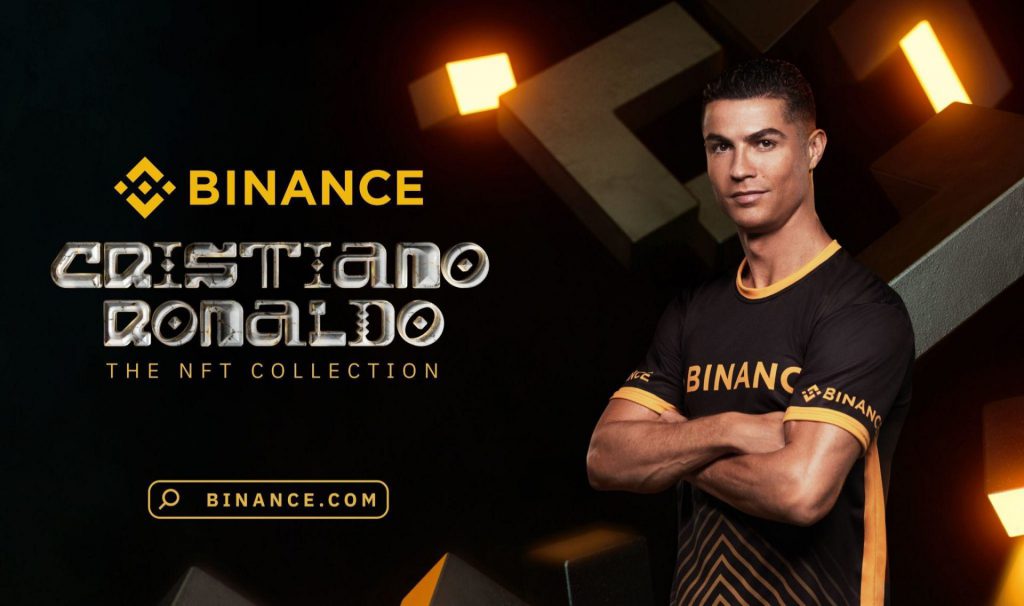

When we discuss any asset, from Da Vinci paintings to baseball cards, rarity is incredibly important. Similarly, NFTs require rarity to increase their value on the open market Moreover, collectors are often willing to pay a higher rate for something that is more rare than competing digital assets.
A good example of this is the sale of the first-ever tweet. Specifically, the tweet sent by the platform’s former CEO, Jack Dorsey, sold for millions. This was primarily because ownership of that historical asset was incredibly rare. Thus, establishing its value.
Reputation and Culture


An NFT can also see its value increase based on the reputation of the asset or creator, and the potential significance of the asset culturally. Firstly, if the creator of the asset is someone of note, that will likely increase its value. Alternatively, if the asset has a reputation in the community, that could also increase its value significantly.
Alternatively, cultural relevance will always impact the value of any asset class. Something like the Bored Ape Yacht Club is a good example of both of these. The asset has garnered a reputation in the NFT community, but it has also developed a sense of cultural significance. These things may only be digital assets, but their status exists in the real world.
Conclusion
NFTs are among the most unique asset classes on the planet. They don’t quite maintain the utility of some cryptocurrencies, but their digital nature places them in the same class. Moreover, the community is continuing to grow. Subsequently, as the market and creator base for the class evolves, so too should the value of the creations.




